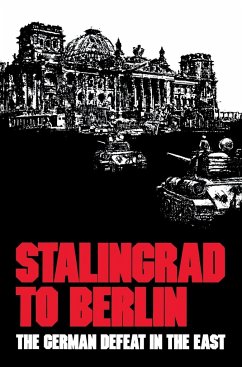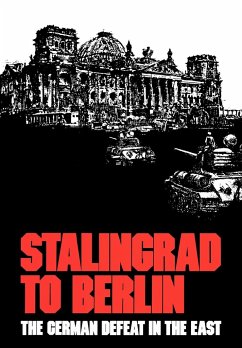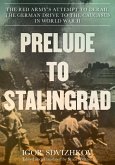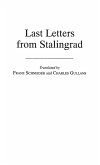This major study of the Soviet-German conflict in World War II has enjoyed an outstanding reputation among those interested in military history and in such areas as the development of Soviet command skills and the exigencies of total land war across a huge front. Save for the introduction of nuclear weapons, the Soviet victory over Germany was the most fateful development of World War II. Both wrought changes and raised problems that have constantly preoccupied the world in the more than twenty years since the war ended. The purpose of this volume is to investigate one aspect of the Soviet victory - how the war was won on the battlefield. The author sought, in following the march of the Soviet and German armies from Stalingrad to Berlin, to depict the war as it was and to describe the manner in which the Soviet Union emerged as the predominant military power in Europe. Earl F. Ziemke is a graduate of the University of Wisconsin, where he received a Ph.D. degree in history. In World War II he served with the U.S. Marine Corps in the Pacific theater. In 1951 he joined the staff of the Bureau of Applied Social Research, Columbia University, and in 1955 he moved to the Office of the Chief of Military History. Since 1967 he has been a member of the history faculty at the University of Georgia. He is the author of a number of books on military history.
Hinweis: Dieser Artikel kann nur an eine deutsche Lieferadresse ausgeliefert werden.
Hinweis: Dieser Artikel kann nur an eine deutsche Lieferadresse ausgeliefert werden.








